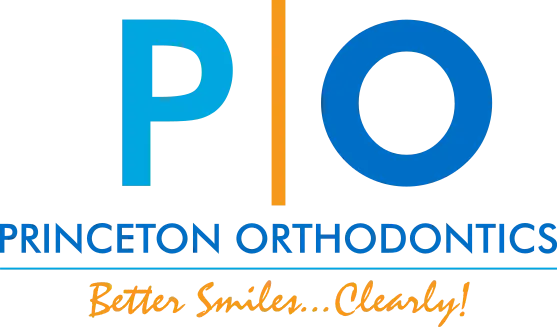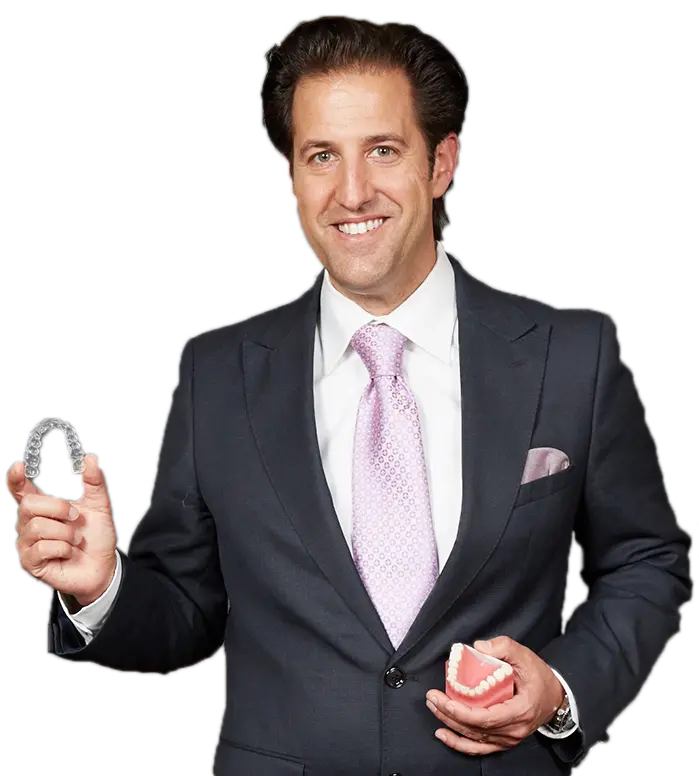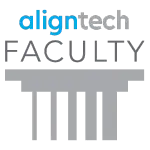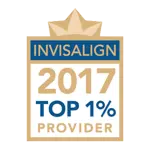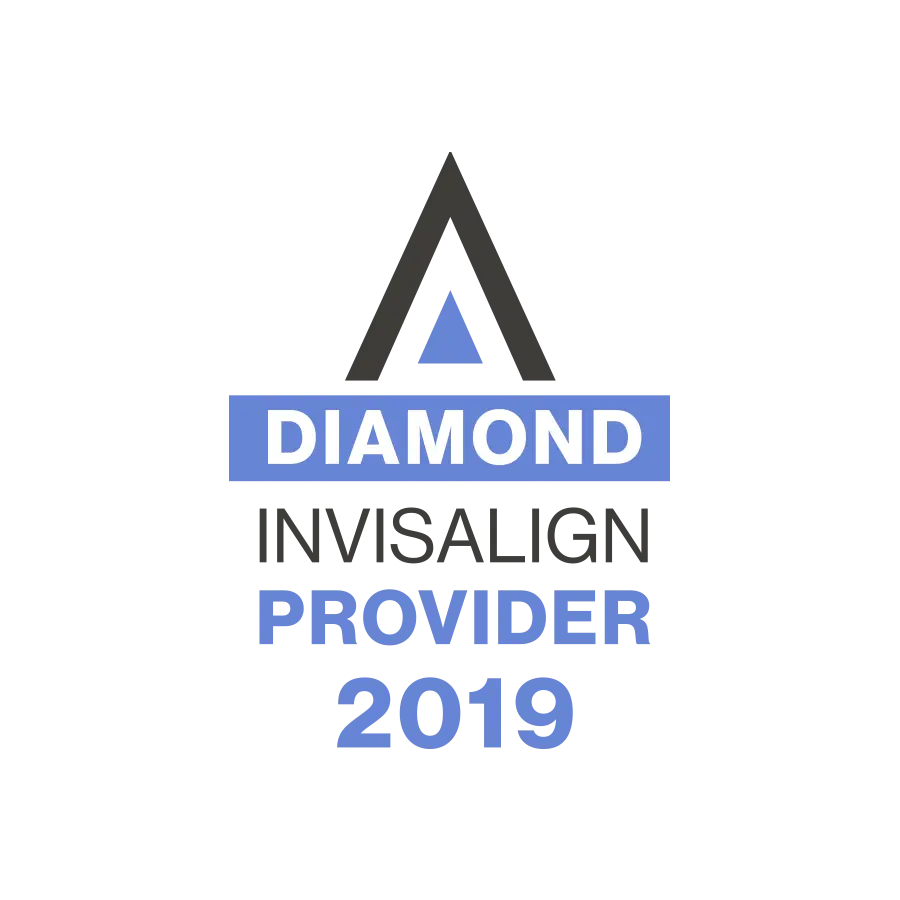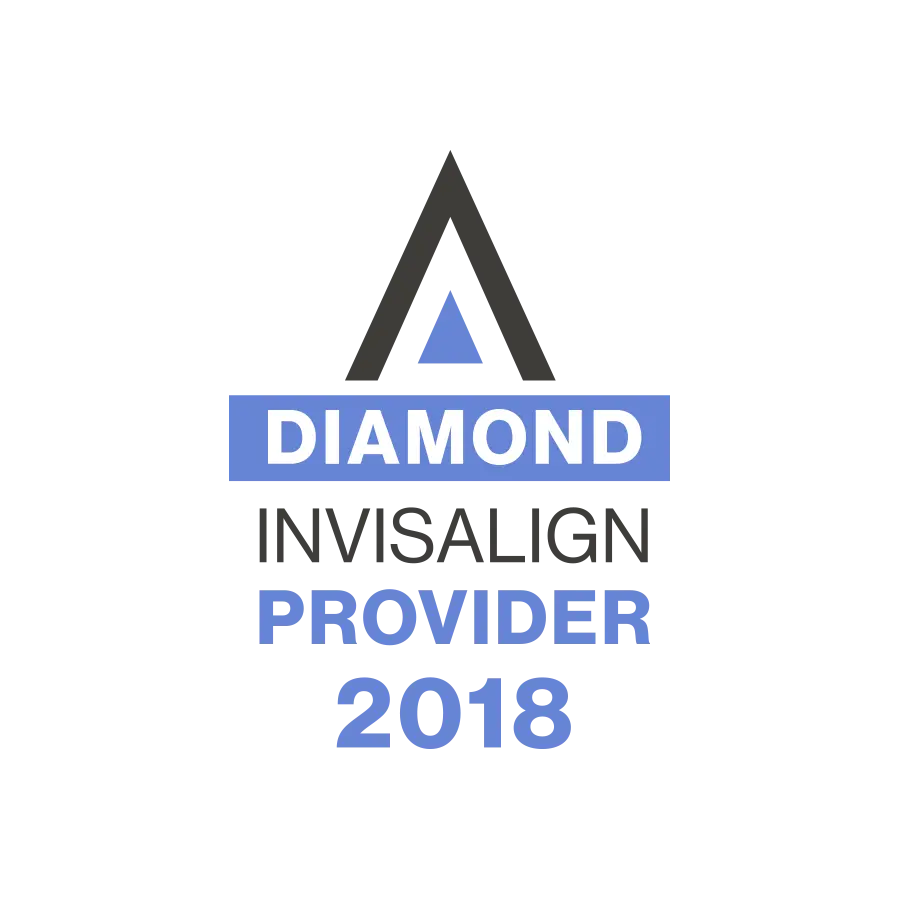Dr. Jonathan Nicozisis at Princeton Orthodontics follows The American Association of Orthodontists recommendation that the first orthodontic visit should occur no latter than age 7. But should an orthodontic problem become apparent earlier, it is vital to schedule an appointment. By age 7 most children’s adult teeth are starting to come through and they have lost the majority of their baby, or primary, teeth. This allows an orthodontist to evaluate jaw alignment and bite as well as to observe the growth of the adult teeth. Early treatment can then be utilized to prevent more costly treatments later.
Interceptive Orthodontics
Early treatment is also known as interceptive orthodontics or Phase One of a two-phase orthodontic treatment. During this type of treatment, the primary goal is to stop the development of any adverse orthodontic outcomes. Achieving this result is a product of either close monitoring or providing continuous treatment, depending on the patient and their unique orthodontic development. Utilizing this type of proactive intervention benefits the patient by allowing more effective and efficient treatments with braces.
View this post on Instagram
What to Expect
Here at Princeton Orthodontics we work in concert with the parents of our patients during early treatment. The first step is to schedule an evaluation. At this initial appointment, we’ll identify any potential problems that may need attention. This may include gummy smiles, overcrowding, open, cross, or overbites. While it is probable there may be no need for immediate treatment, there most likely will be a requirement for continuous monitoring, especially while adult teeth keep coming through. Should our staff identify a need for treatment, such as braces, we will work closely with the parents to develop a treatment plan.
As each patient is an individual, there are a variety of methods that our orthodontist can utilize during Interceptive Treatment to correct the following:
- Preserve space for incoming teeth
- Make room to avoid crowding teeth
- Create facial symmetry by manipulating the growth of the jaw
- Reduce probability of tooth extraction
- Diminish overall treatment length of braces
Interceptive Orthodontics with Princeton Orthodontics
With Dr. Jonathan Nicozisis at Princeton Orthodontics, you know you’re getting the best care possible for your child. He is the leading orthodontist in the area with decades of experience in interceptive orthodontics. If your child needs early intervention, call us at (609) 924-7098 to schedule an appointment today.
